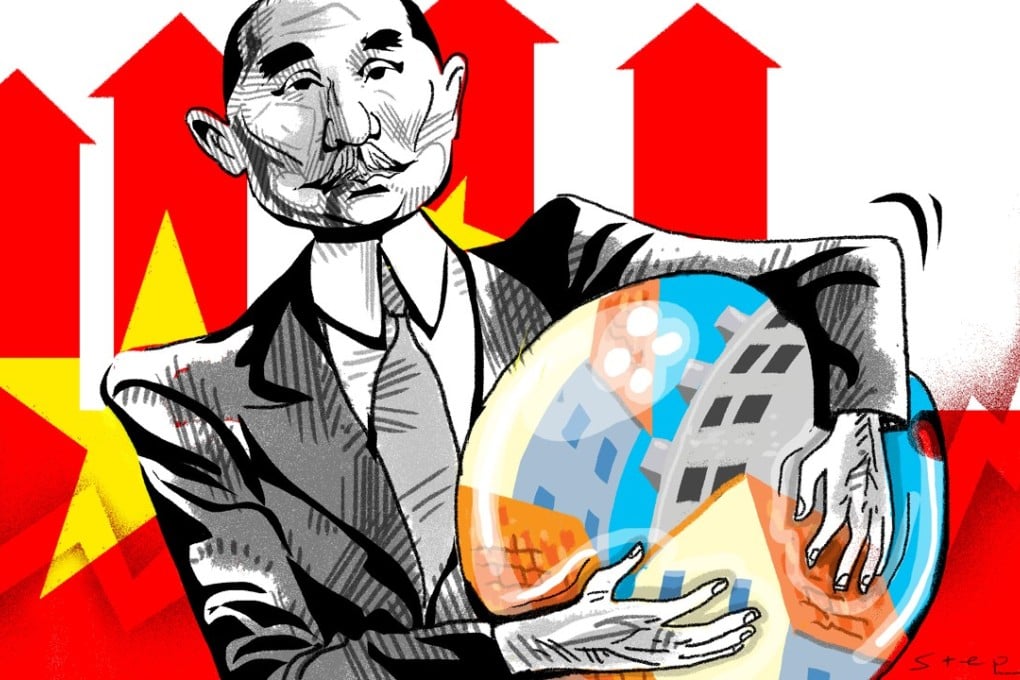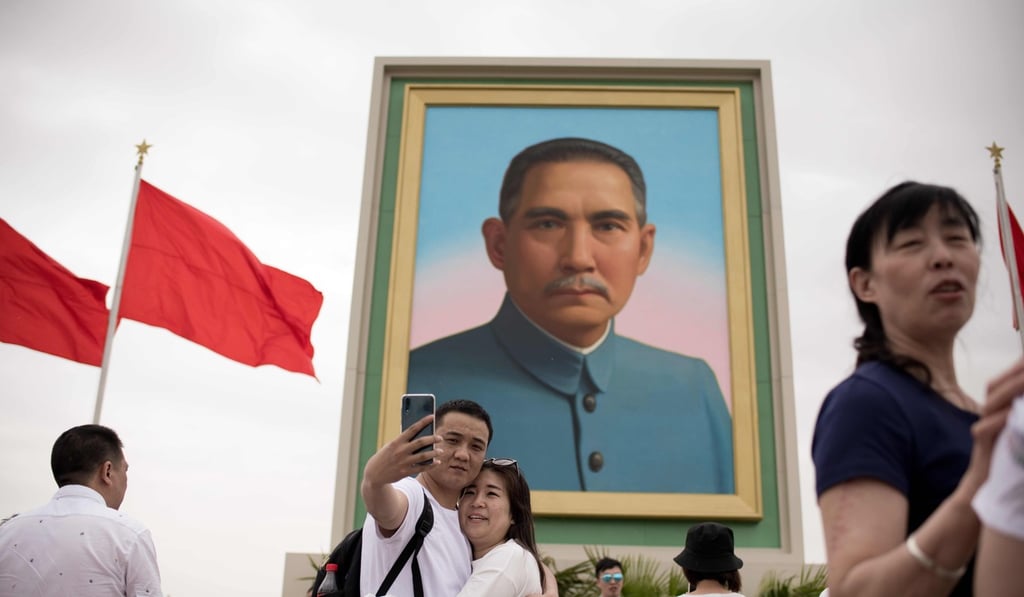How China can tax its way out of a housing bubble: just read Sun Yat-sen and study Singapore
Nicholas Ross Smith and Zbigniew Dumienski say there is an answer to Beijing’s property bubble conundrum: either a single tax on land value that Sun argued for, or a pragmatic land tenure system that Singapore has adopted

Inside a US$511,000 dog house in China
While this is worrying, we contest the view that there is no real remedy to China’s current predicament. Actually, China is in a better situation than some countries in the West because it has the main ingredients needed to help mitigate the threat of a bursting housing bubble.
Beijing need not look far for inspiration. It could refer to the writings of Sun Yat-sen, the revolutionary leader who is still fondly remembered on the mainland. A man of letters and a philosopher on a range of topics, Sun took a particular interest in land tenure, probably after discovering American political economist Henry George as a young man in Hawaii. George argued for a single tax on land value, a principle now known as “Georgism”.
Sun was such a convinced Georgist he subsequently built an entire reform programme around the idea of developing an equitable land tenure system. He argued: “The land tax as the only means of supporting the government is an infinitely just, reasonable, and equitably-distributed tax, and on it we will found our new system.”
